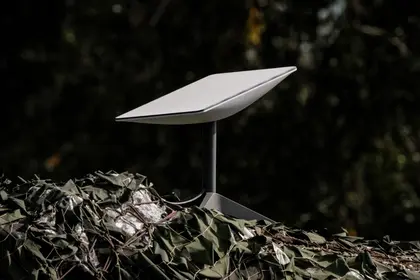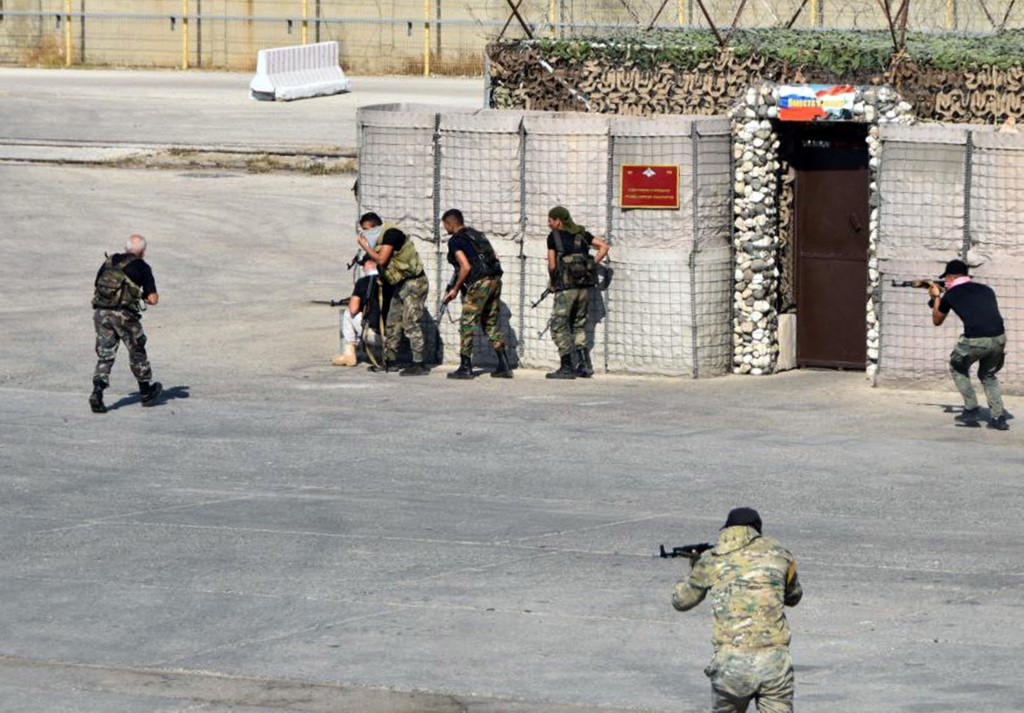In September 2022, Ukraine's first attempt to send USV marine drones against Russian vessels in Sevastopol Bay faced a setback when communication using Elon Musk's Starlink satellite system was lost, approximately 70 kilometers from the target, according to a report in Ukrainska Pravda (UP).
The operation involved the deployment of marine drone prototypes against Russia’s Black Sea Fleet vessel, the Admiral Grigorovich-class frigate Admiral Makarov, based in Sevastopol.
JOIN US ON TELEGRAM
Follow our coverage of the war on the @Kyivpost_official.
Some encountered technical issues, which led to them either sinking or self-destructing en-route. However, five drones, each carrying 108 kilograms of TNT, successfully traversed the waves, approached Sevastopol and were heading towards the vessel.
The progress of the deployed drones was being closely monitored from a protected bunker by key Ukrainian officials, including Vasyl Malyuk, the Chairman of the Security Service of Ukraine, Vice Admiral Olexiy Neizhpapa, Commander of the Naval Forces, Deputy Prime Minister Mikhail Fedorov, and Brigadier General “Ha,” the brains behind the USV program.
“We had 70 kilometers left to reach the frigate Admiral Makarov. Everyone is in suspense as we are attacking it. And then the connection is cut off. Elon Musk excluded the Starlinks through which we controlled the drones,” one participant in the operation told UP.
Efforts were made to bring the drones back to the base, but only two successfully returned. The mission may have apparently failed but the returning craft provided invaluable data about communication, navigation, and hull performance.

Meet a Real-Life ‘Q’: Mastermind Behind Ukraine’s Sea Drone Warfare Success
Mikhailo Fedorov attempted to persuade Musk to reconnect, but the plea fell on deaf ears.
The aftermath of this incident saw the Ukrainian Security Service (SBU) and the Navy leveraging a dedicated military laboratory to study, analyze, and improve the drones’ technology.
By October 2022, just a month after the failed attempt, Ukrainian forces successfully hit Russian targets in the port of Sevastopol, demonstrating their adaptability in the face of technical challenges.
The revelation of Musk's involvement came to light in September 2023. Then CNN reported that the head of SpaceX secretly ordered his engineers to disable the Starlink satellite communications network off the Crimean coast last year in order to disrupt Ukrainian attacks on the Russian Navy.
Musk defended his position, asserting that Starlink “had never been activated in the relevant regions. Therefore, they couldn't have been deactivated.”
You can also highlight the text and press Ctrl + Enter






